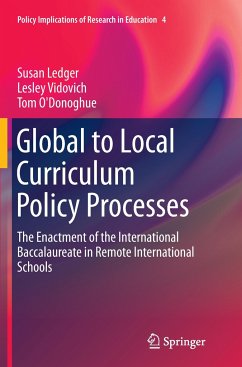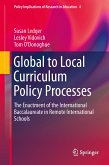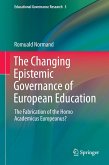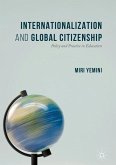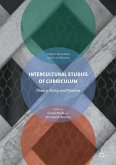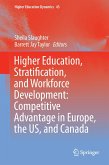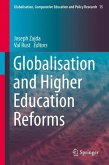This book explores the dynamics of curriculum policy processes involved in the adoption, production and enactment of the International Baccalaureate Primary Years Programme (IBPYP), accredited by the International Baccalaureate Organization (IBO). It addresses deficits in current literature and provides insight into and the complexities involved within a framework that takes cognisance of the relationships between global, regional, national and local levels of education policy processes. In doing so, it contributes to the current body of research on international education, remote education and policy processes. The IBPYP is one of the three programmes that go to make up the increasingly popular suite of programmes offered by the IBO. Given the exponential growth of international schools caused by an ever changing globalized world and a mobile workforce, international curriculum policy is becoming more complex. This has lead to a recognition of the need for a range of policy analysis studies in the field. The study presented in this book was conceptualised in the light of such recognition. This relatively uncharted field has been explored by focusing on one of the most 'unusual' settings. Accordingly, the adoption, production and enactment of the IBPYO at three remote international schools has been examined. The study also addresses how the phenomena of 'international schools' and 'remote schools' complement or compete with, each other. This results in a better understanding of the educational policies informing both 'international schools' and 'remote schools' and the interconnectivity that might exist between them.
Bitte wählen Sie Ihr Anliegen aus.
Rechnungen
Retourenschein anfordern
Bestellstatus
Storno

